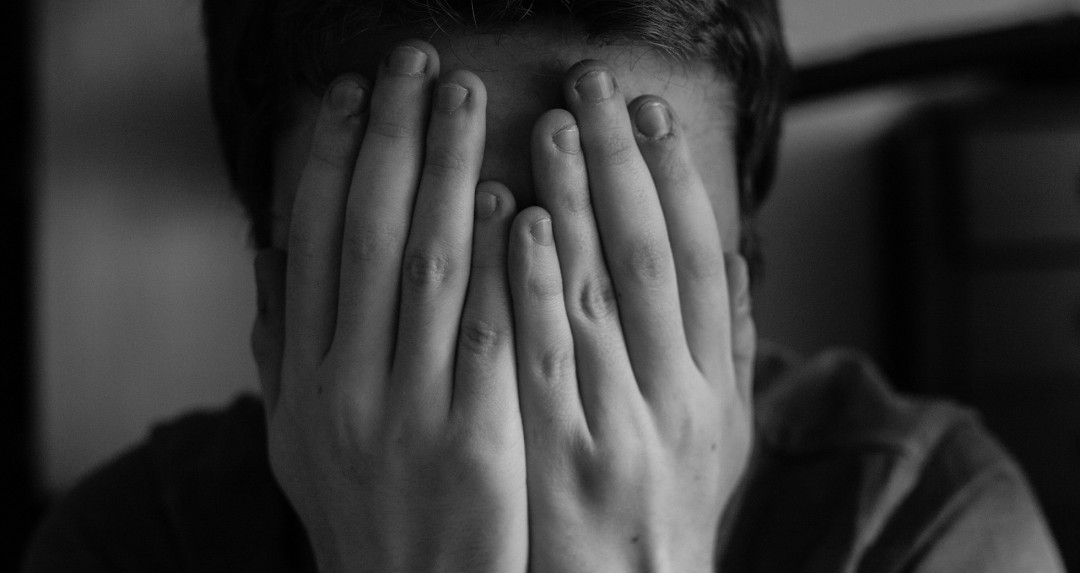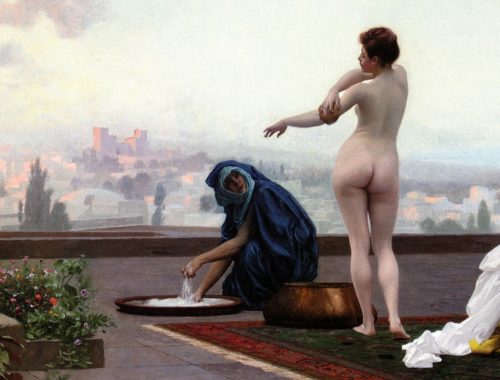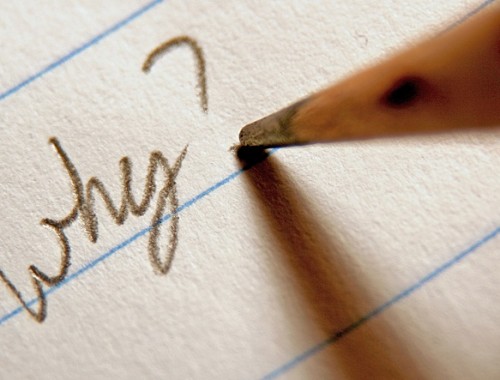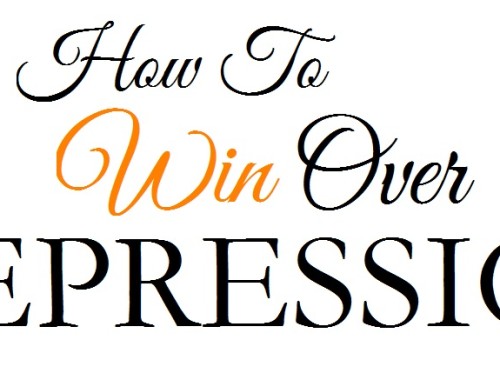[content note for discussions of depression, anxiety]
You may have noticed that posts have been a little sporadic over the past few weeks. Part of that has been holiday traveling, but the biggest reason is that I’ve been depressed. It took me a while to fully admit that to myself, so here I am, saying it out loud, in front of all of you.
I’ve mentioned before on my blog that I haven’t often struggled with depression, but at the moment I’m wondering how true that claim is. After years of putting it off, I finally made an appointment with a psychologist and have been able to go a couple of times, and one of the things that has come up is how emotionally stunting my experience with Christian fundamentalism was. In the specific culture I was raised in, any emotion that couldn’t be described using the words “happy,” “joyful,” or “content” wasn’t allowed (with the exceptions of shame and guilt). Melancholy, sadness, anger, rage, fear — none of those could be expressed by a good and faithful Christian. Christians rejoice in the Lord always. Christians are not given a spirit of fear, but of love and a sound mind.
Because of that, as well as my ISTJ discomfort with emotional expression, I have deeply set problems with handling, responding to, expressing, and processing emotions. That is a statement that doesn’t make a lot of sense to people who know me superficially, as I can come across as wildly emotional and passionate; however, if I’m expressing an emotion in front of people, chances are I’m not feeling it as much as I’m expressing it. I’ve learned a sort of mimicry where I know that people are supposed to react a certain way, but I don’t allow myself to truly experience the emotion that’s on my face. Anytime I actually start to feel something? POOF. I shut down or disappear.
Today I was journaling through some of these thoughts, and I articulated something to myself that feels very, very true: if I was depressed as a child, as a teenager, as a young adult, I probably would have felt like I’d finally managed to achieve the Christian fundamentalist’s ideal emotional state for a woman. When I watched The Stepford Wives, one of the things that resonated with me was how completely blank the women were. Sure, they were apparently smiling and cheerful, but we the audience knew it wasn’t real— that they didn’t actually feel anything and had only plastered a programmed smile onto their face. That was the image I had inside of my head of a “good godly Christian woman.” That was what she was like: emotionally empty.
When I’ve experienced depression as an adult (something I only allowed myself to recognize once I could be honest about the trauma I’d experienced. After all, it’s typical for trauma victims to be depressed), my ability to connect to the entire emotional spectrum is broken, and I usually end up defaulting to a numb sort of apathy, a numb sort of sadness, and an impotent form of rage. I feel sad, but it’s sort of … fuzzy and ambiguous. I feel anger, but it doesn’t feel directed at anything or purposeful.
Growing up, all I knew about the emotional spectrum was that women are supposed to be meek, quiet, complacent, and submissive, and I think that, to me, I probably conflated being depressed with being meek. Considering that I constantly struggled with conforming to fundamentalist expectations about being “ladylike,” the fact that I was probably able to achieve it if I was depressed probably got written up as “finally, success!” in my brain.
I am, and always have been, rambunctious and rowdy and sassy, but … not right now. Right now, I do a lot of sitting with my cat. I could be blogging, or playing Skyrim, or doing laundry, or tidying my room, or organizing my closet, or sending out pitches, or working on the article that’s due in January, but … I’m not. And, looking back, there were times when I was a teenager when I could not bring myself to do anything except sit and pretend like I was paying attention to the conversation.
Was I depressed? I’m honestly not sure. My memories aren’t sharp enough to really say. But I think it’s possible.
What I have discovered is that I definitely have struggled with anxiety my entire life. A few weeks ago I was scrolling through tumblr, and I ran across a poem that described the author’s childhood experiences with anxiety, and it hit me like a load of bricks. My brain sputtered, then stopped and just sort of … stared. Wait … what? was all I could think. Feeling like that isn’t normal? I started doing research, and so much of what I read was so true. I didn’t have a name for panic attacks until graduate school, but I realized that I’ve struggled with them my entire life, and suddenly my childhood made so much more sense.
As a teenager, my brain would freak out in the middle of the night and all of a sudden the only thing I could think was oh my God I’m going to die right now. I’m going to die. I’m going to have an aneurysm and die. My throat is closing up– I’m going to die. I must be inexplicably allergic to the detergent on these sheets because I’m going to die. I’m dying. Right now. If I fall asleep I won’t wake up in the morning because I’ll be dead.
Apparently, that’s not something everyone goes through a couple times a week. Who knew.
But, I was so very good at hiding it. I learned how to function even when my brain was wigging out– I covered up the restlessness with cleaning and dusting and vacuuming and, when no was around, with pacing. And when I was going through it I would berate myself. Samantha, stop it this instant. You have not been given the spirit of fear but of a sound mind.
I didn’t know how to tell the difference between worry and anxiety and fear. All I knew was that every single pastor I’d ever heard put worry and anxiety right next to each other in a sentence and said that both were sin. And, because I thought that anxiety was worry and whatever you called it, it was a choice, I never had the opportunity to learn about things like triggers. I never gave myself the chance to understand that extremely intense movies and scenes (especially violent ones) are triggers, or that caffeine is a bad idea because it makes my heart race and that starts me thinking that I’m going to die, or … it goes on. I couldn’t separate out an emotional experience like fear and what I experienced with anxiety.
Compound all of that with the typical condemnation of all mental illnesses as “spiritual sin” and you’ve got yourself an interesting environment for a little girl growing up with something she doesn’t know how to identify or control.




